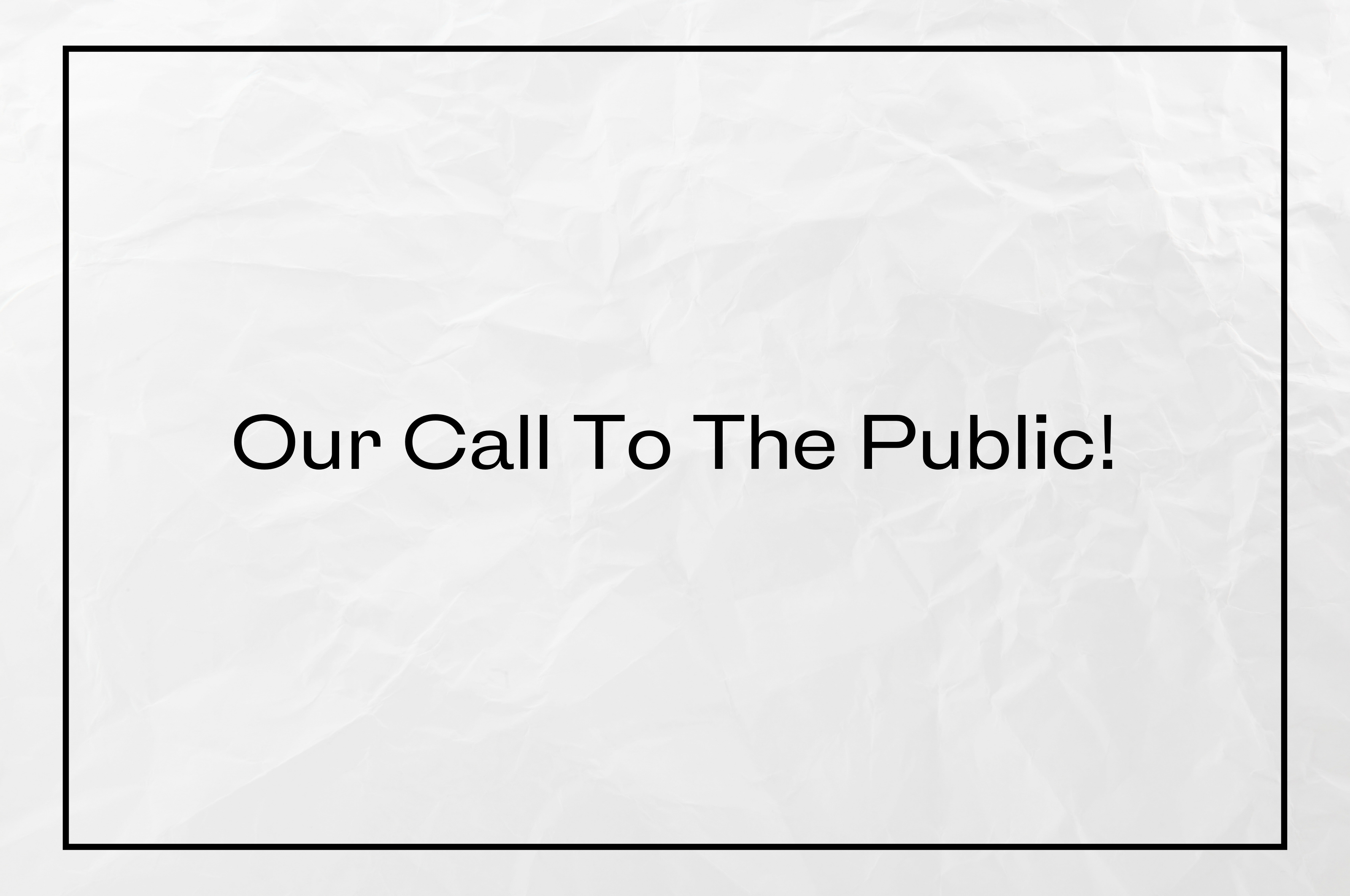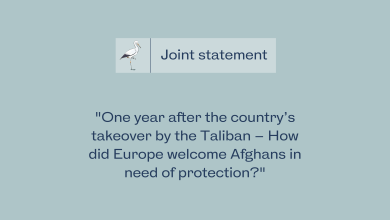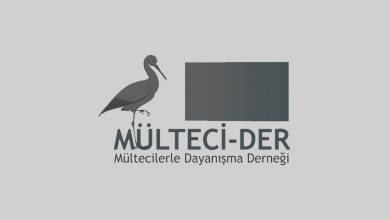
Our Call To The Public
On the night of August 11, 2021, we witnessed lynching, looting and attacks against Syrians in the
Altındağ district of Ankara instigated by the anti-migrant and anti-refugee statements and
disinformation that has been circulating on social media for some time. After the death of Emirhan
Yalçın, one of the two people injured as a result of the fight between the two groups in Ankara’s
Altındağ district, mobs quickly organized, attacking the homes and shops owned by Syrians in the
district, which has demonstrated how anti-refugee rhetoric incited by influential but irresponsible
people can rapidly reach inevitable dimensions. With these lynching and attacks we are also seeing
the extent to which the difficulties brought by the pandemic, security concerns, uncertainties caused
by the economic crisis, and long-standing political and social tensions in Turkey are being used as an
excuse to justify hate crimes, and exclusionary language and practices against migrants.
It is a well-known phenomenon by now that migration is an integral part of today’s world. And
migration does not always have to be experienced as a problem, serving often also as a force
enabling change and positive developments for societies. This, in turn, is determined by the policies
and governance of migration in the receiving countries.
Migration and asylum are processes caused by global/regional problems. When migration policies
and governance mechanisms are lacking or misguided in the countries to which people migrate for
establishing a new life or seek asylum for fleeing persecution, new difficulties arise, not only for the
migrants and refugee but citizens as well. Ensuring that these difficulties are overcome is one of the
main duties of governments, not of immigrants or citizens.
The marginalization and scapegoating of migrants and refugees who have had to take refuge in
Turkey and who experience the most severe forms of exploitation and violence in their daily lives is
unacceptable. Blaming migrants and refugees for the lack of permanent and sustainable integration
and migration policies overlooks the fact that they are the actual victims in all these processes and
worsens the situation. We are witnessing a situation where the crowds, who have lost their will to
express their real problems and demand solutions, are directing their anger towards immigrants and
refugees, who are one of the most disadvantaged groups in society. This presents one of the most
severe blows to the quality of being a society.
As non-governmental organizations, migration research centers and institutions that produce
information, statements and actions in the field of migration, we invite all parties to refrain from
hate speech and discuss the issue calmly without falling into the trap of discrimination and racism.
At the same time, we believe that the public should be informed openly and transparently about the
migration policies being implemented. The uncertainties and arbitrary approaches in policies and
their implementation, which continue to threaten the well-being of immigrants and refugees, should
be abandoned. In addition, hate speech and discriminatory language that ignites tension in society
to an uncontrollable level must be stopped immediately.
Finally, while implementing its own immigration policies, each state is also obliged to comply with
the international law and basic human rights principles to which it is a signatory. Considering the
global dimension of the issue, we invite the member states of the European Union to urgently fulfill
their responsibilities regarding irregular migration and asylum. We remind member states of the
European Union that instead of instrumentalizing countries like Turkey, to which intense migration
movements are headed, through offering only economic aid for the sake of preventing migration to
their own borders, they must take more initiative and responsibility for the implementation of an
equal, fair, effective and sustainable migration and asylum policy.




